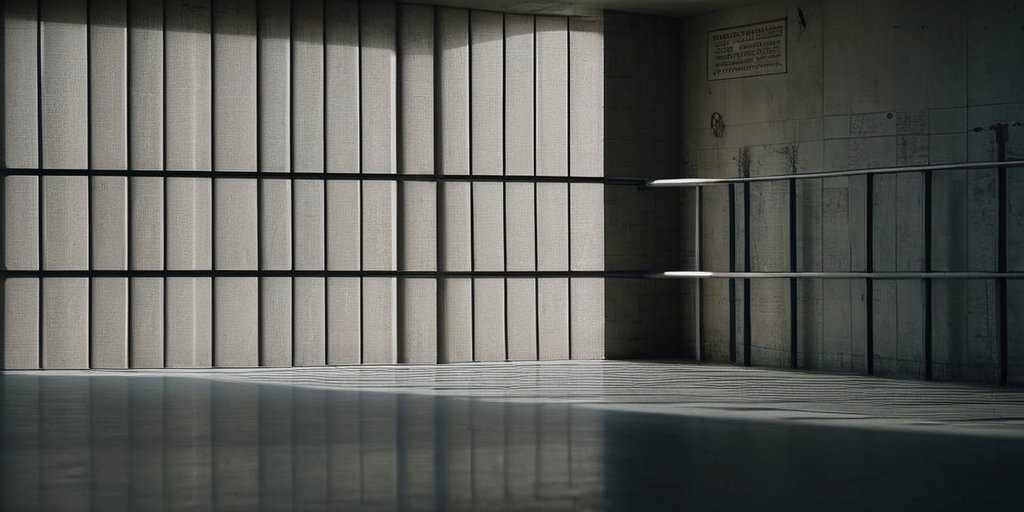Mahmoud Khalil, a Palestinian student activist at Columbia University, was arrested on March 8, 2024, and has remained in custody. His detention is reportedly connected to President Donald Trump’s commitment to combat what he terms “un-American activities” among student demonstrators. Raising concerns about free speech in a politically charged atmosphere, Khalil identifies himself as a “political prisoner,” claiming he was targeted for defending Palestinian rights.
This incident comes amidst a controversial backdrop, where Trump has accused pro-Palestinian activists, including Khalil, of supporting Hamas, which is recognized by the U.S. as a terrorist organization. Trump has indicated that the arrest is just the beginning of a larger crackdown, stating, “This is the first of many to come, we will not tolerate support for terrorism.”
Khalil, who was a vocal presence during Gaza war protests at Columbia, outlined the circumstances of his arrest in a letter sent from the Immigration and Customs Enforcement (ICE) detention facility in Louisiana. He described being approached by Department of Homeland Security agents while leaving a dinner with his wife, during which they allegedly lacked a warrant.
His legal team argues that his arrest was a blatant violation of his rights to free speech and peaceful assembly. They assert that the government is silencing dissent from students and activists, curbing any opposition to U.S. policies regarding Israel.
In defense of his actions, Khalil stated, “I advocated for a free Palestine. My voice should not be stifled for speaking the truth.” He emphasized that his situation is emblematic of a broader trend of repression targeting individuals who oppose government views.
In the wake of Khalil’s arrest, his attorneys are involved in ongoing legal battles, seeking to secure his release while accusing the Trump administration of hindering attorney access. His case reflects the fears of many immigrants and students about political repression under the current administration.
Khalil’s plight raises significant questions about the state of free speech and the treatment of activists in the U.S., particularly under Trump’s administration, characterized by allegations of anti-Palestinian racism and governmental overreach. As his wife faces the challenges of impending motherhood and her husband’s unknown fate, Khalil’s story serves as a grim warning of what may come for dissenters across the nation.
